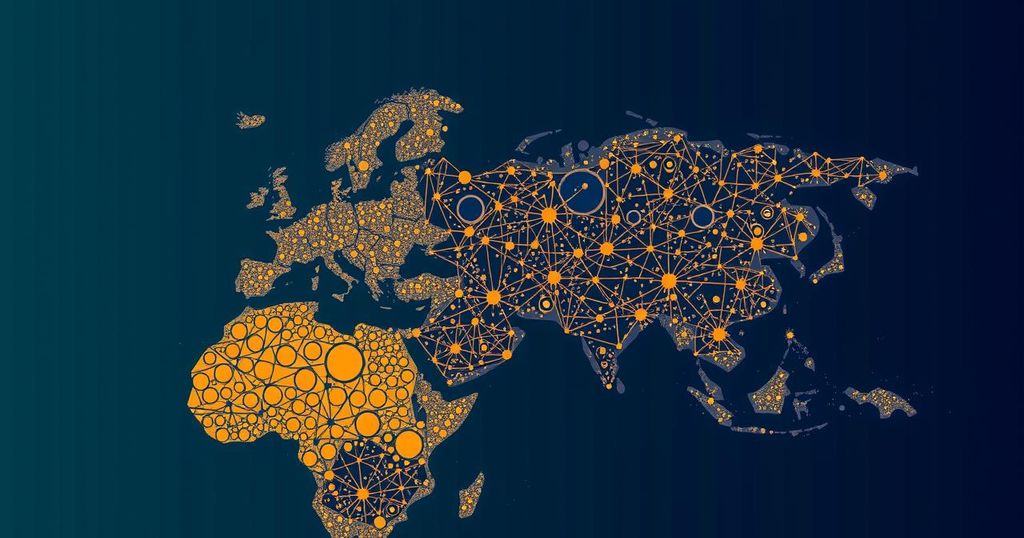Africa has a serious scientific research gap, currently holding only 20 researchers per million people versus Europe’s 246. To improve this, it is essential to enhance funding opportunities for post-doctoral researchers, establish equitable research partnerships, foster gender equity, and support multilingual researchers. Addressing these disparities is vital for tackling future health challenges effectively.
Africa faces a notable science research gap, with only 20 scientific researchers per million people compared to Europe’s 246. This disparity stems from inadequate post-doctoral training opportunities, insufficient support systems for early-career researchers, and a prevailing gender imbalance. To rectify this situation, it is crucial to foster equitable international partnerships that leverage local expertise while enhancing funding for post-doctoral research and nurturing mentorship programs. Moreover, focused initiatives to empower women researchers and multilingual scholars must be prioritized to ensure a robust research environment in Africa. The rising threats of global health challenges underscore the necessity for locally led research that is culturally informed and contextually relevant. By addressing these inequities, Africa can build a more inclusive and effective research ecosystem, ultimately contributing to the continent’s development and the global body of knowledge.
The article highlights the significant disparity in research capacity between Africa and other regions, specifically Europe. Africa’s research output is hindered by multiple factors, including limited funding opportunities, inadequate mentorship, and gender inequities that discourage women’s participation in research. It emphasizes the importance of local knowledge, culturally relevant approaches to health challenges, and equitable research partnerships. The global interconnectedness magnifies these challenges, making it imperative for African researchers to take a leading role in addressing health issues that affect their communities.
In summary, addressing the scientific research gap in Africa necessitates a multi-pronged approach focused on equitable research partnerships, enhanced training opportunities for post-doctoral researchers, and initiatives aimed at promoting gender equity within research institutions. By prioritizing these strategies, Africa can significantly improve its research capacity and contribute more effectively to global health challenges, leveraging local expertise to foster sustainable solutions.
Original Source: www.weforum.org







